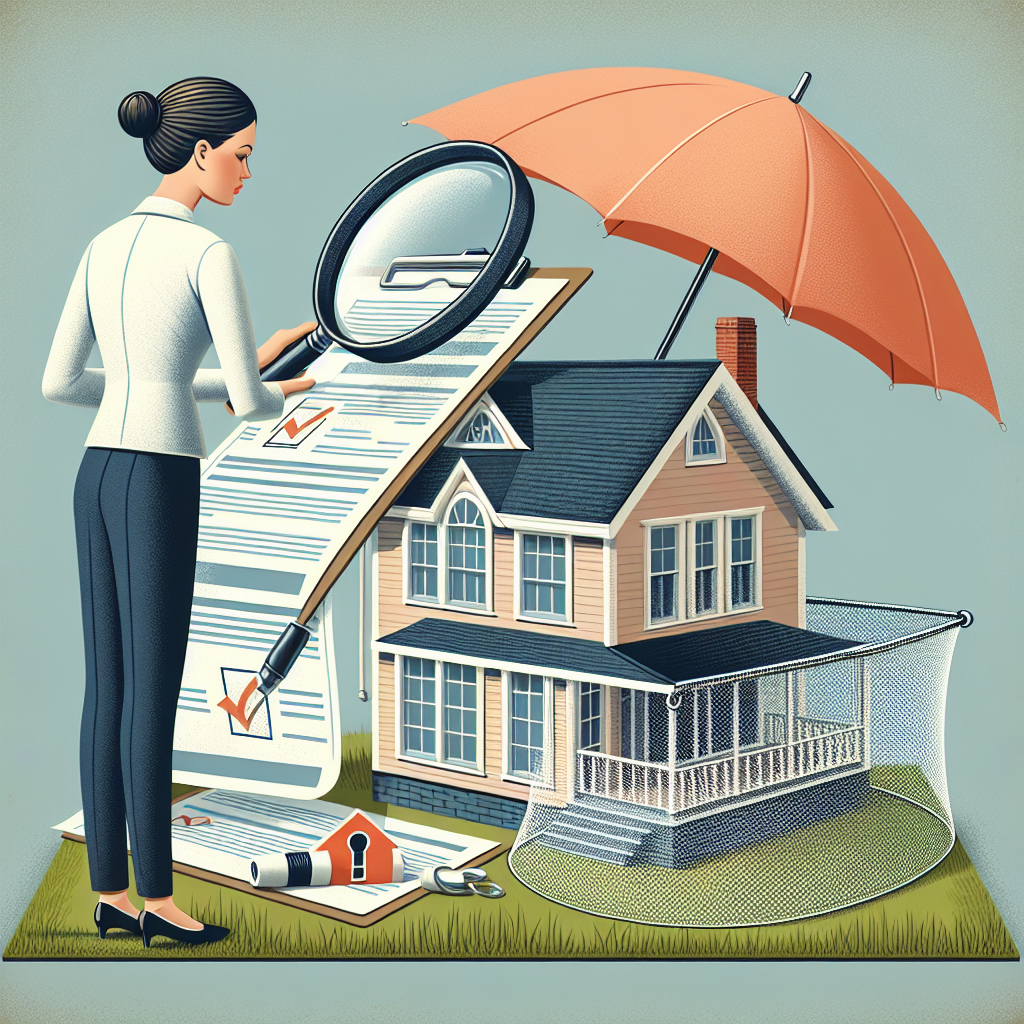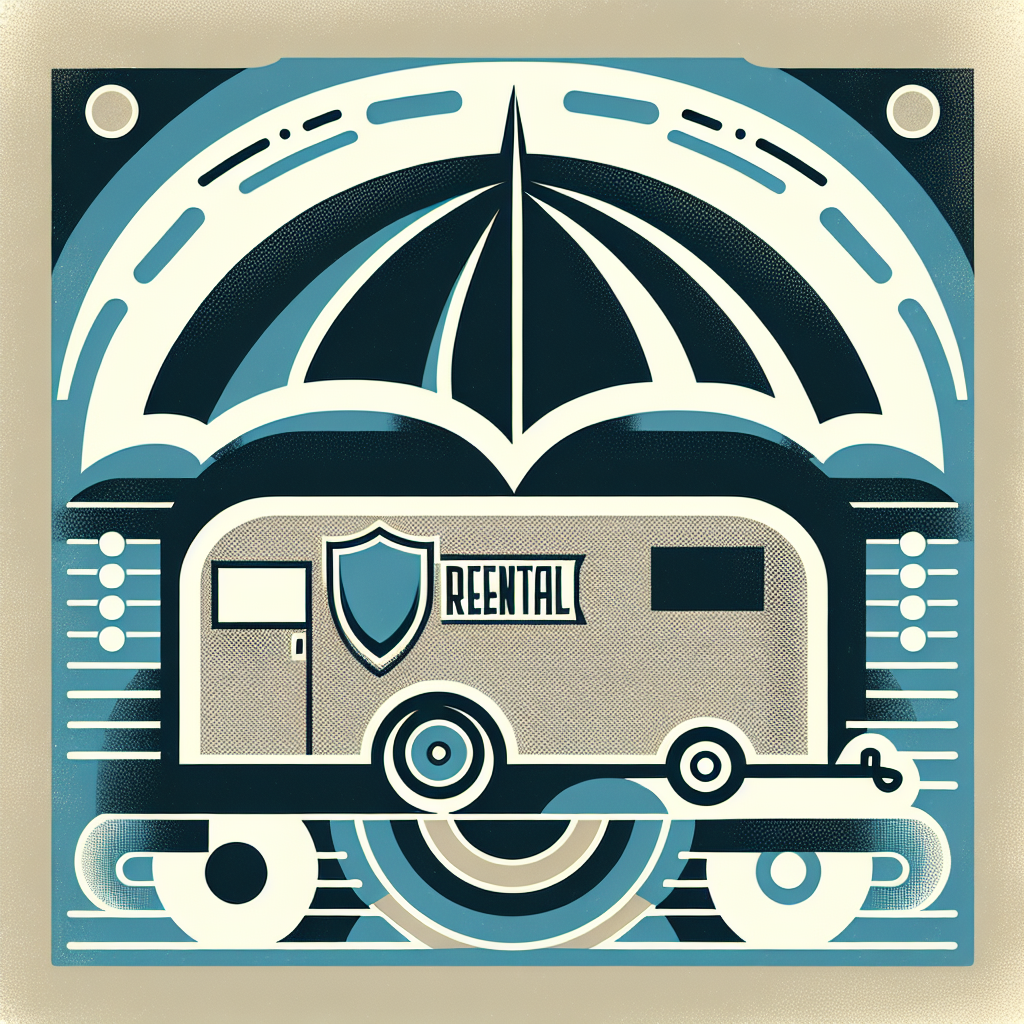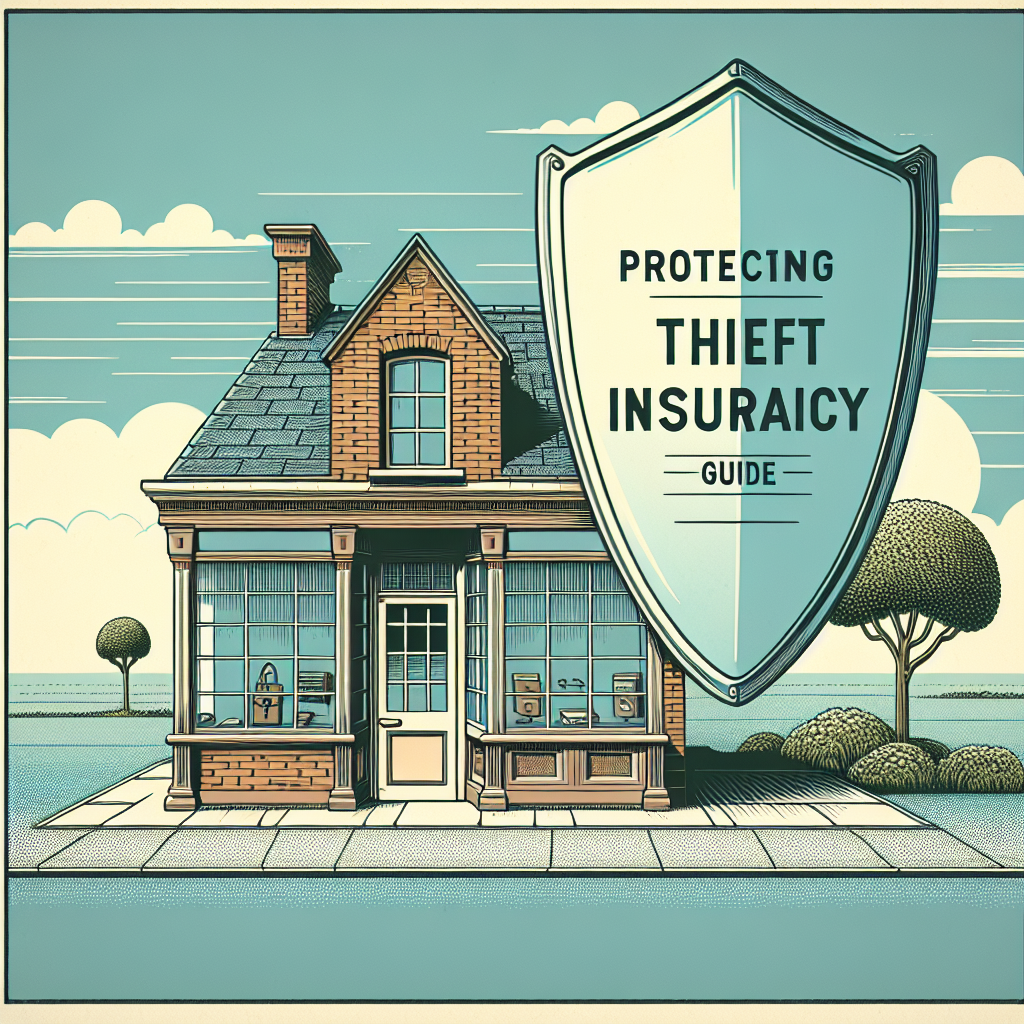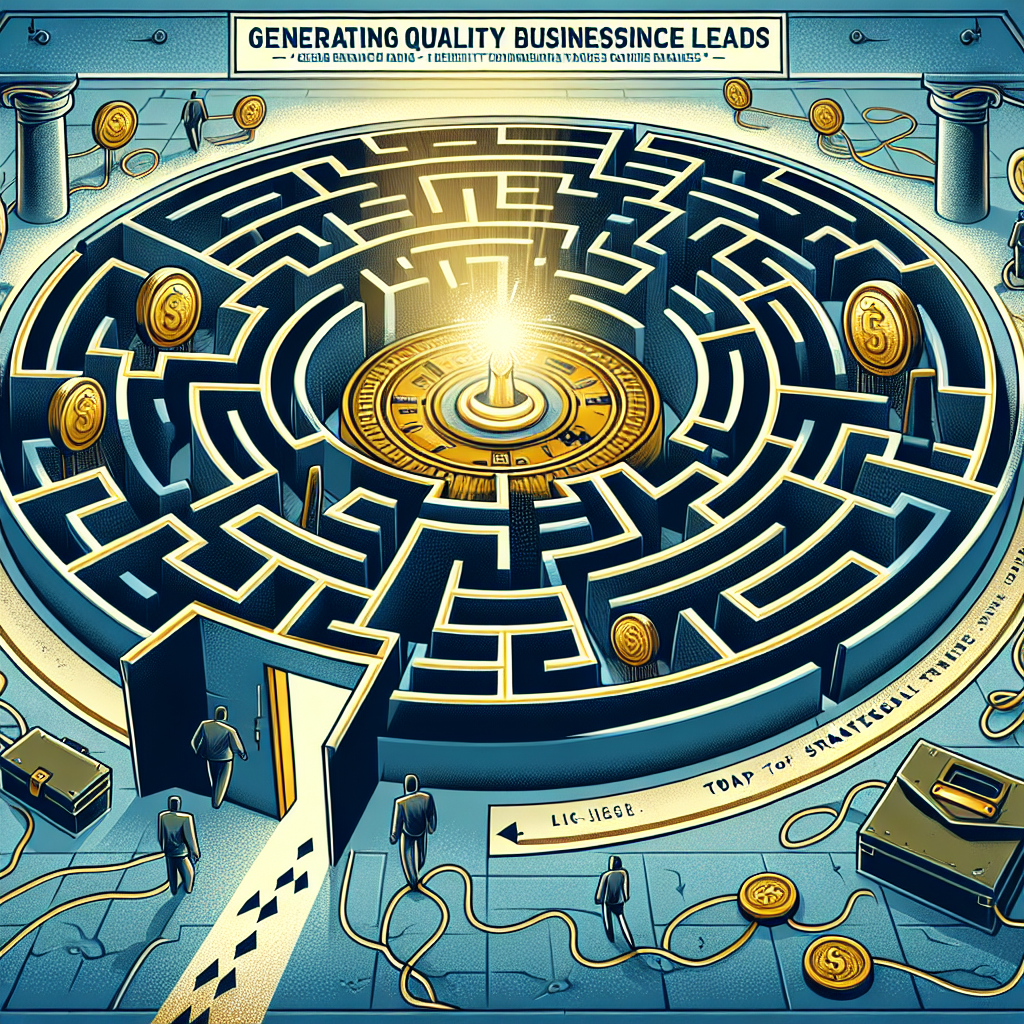Filed under Home Insurance on
Understanding Home Inspector Insurance Coverage Essentials

As a home inspector, your role is critical in ensuring that properties are safe and compliant. However, with great responsibility comes the need for protection. This is where understanding home inspector insurance coverage essentials becomes crucial. Navigating the world of insurance can be complex, but arming yourself with the right knowledge can safeguard your business and provide peace of mind. This guide delves into the key components of home inspector insurance, exploring coverage types, industry trends, and expert insights.
Why Home Inspector Insurance is Vital
Home inspector insurance is not just a safeguard; it is a professional necessity. It provides protection against potential claims of negligence, errors, or omissions during the inspection process. With the diverse challenges inherent in the job, having comprehensive coverage ensures that you can focus on delivering quality services without fear of significant financial losses.
The Risks Involved
Every inspection carries inherent risks. Potential issues might arise from missed defects, incorrect assessment, or client dissatisfaction. In a litigious society, even small oversights can lead to lawsuits. Home inspector insurance is thus an essential shield, guarding against both minor claims and major legal battles.
Key Insurance Coverage Types
When exploring home inspector insurance coverage essentials, it is important to understand the different types of insurance available. Each type addresses specific risks associated with the profession.
General Liability Insurance
General liability insurance is a foundational element in any business insurance plan. It covers bodily injury, property damage, and personal injury claims. For home inspectors, this means protection against accidental injuries that might occur on the property during the inspection process.
Errors and Omissions (E&O) Insurance
Errors and omissions insurance is arguably the most critical coverage for home inspectors. It protects against claims related to mistakes or failures to discover defects during an inspection. Given the complexity of home systems, E&O insurance is indispensable in mitigating the financial impact of lawsuits.
Workers’ Compensation Insurance
If you have employees, workers’ compensation insurance is a legal requirement in most states. It covers medical expenses and lost wages for employees injured on the job. For home inspectors, whose work sometimes involves climbing ladders or crawling in tight spaces, this coverage is particularly pertinent.
Factors Affecting Insurance Premiums
A variety of factors can influence the cost of your insurance premiums. Understanding these elements can help you optimize your policy to fit your business needs and budget.
Business Size and Experience
The size and experience of your operation play significant roles in determining premiums. Established businesses with a history of claims might face higher costs. Conversely, experienced inspectors with clean records could benefit from lower rates.
Coverage Limits and Deductibles
Your chosen coverage limits and deductibles directly affect your premiums. Higher coverage limits offer broader protection but come with increased costs. Meanwhile, selecting higher deductibles can reduce premium amounts but may increase out-of-pocket expenses during claims.
Location and Regulatory Environment
Your geographical location and the state’s regulatory requirements can impact your insurance costs. Different states have varying rules and risk factors affecting premiums, which should be considered when tailoring your policy.
Industry Trends and Expert Insights
The insurance landscape is constantly evolving, with trends and changes that impact home inspectors significantly. Staying informed about these shifts can enhance your understanding of home inspector insurance coverage essentials and keep your business compliant and competitive.
Increasing Legal Awareness
With heightened consumer awareness, clients are more informed about their rights and less tolerant of overlooked issues. This has led to a rising trend in claims against home inspectors. Ensuring your E&O coverage is current and comprehensive is more important than ever.
Technological Advancements
Technological progress in inspection tools and reporting software can influence insurance considerations. Enhanced tools can reduce errors, potentially impacting E&O claims and premiums. Staying up-to-date with technology could not only improve operational efficiency but also provide leverage in negotiating better rates.
Expert Tips for Choosing Home Inspector Insurance
Securing the right insurance policy is a strategic decision. By following expert tips, you can ensure your coverage is both comprehensive and cost-effective.
Assess Your Specific Needs
Evaluate your business operations, size, and type of inspections performed. Tailor your coverage to address the unique risks you encounter, ensuring that you're neither over-insured nor underinsured.
Compare Multiple Quotes
Don’t settle for the first policy quote. Shop around and compare options from different providers. This approach helps you find competitive pricing and favorable terms, aligning with your specific coverage needs.
Consult with an Insurance Specialist
Engaging with an insurance specialist who understands the home inspection industry can provide valuable insights. They can assist in interpreting policy details and identifying essential coverage components that might otherwise be overlooked.
Conclusion
Understanding home inspector insurance coverage essentials is not merely about protecting assets but about fostering business confidence. By securing the right coverage, you can navigate the complexities of inspections with assurance and focus on delivering exceptional service to your clients. As industry challenges and trends evolve, keep informed and proactive in managing your insurance needs, ensuring that your business remains robust and resilient.





